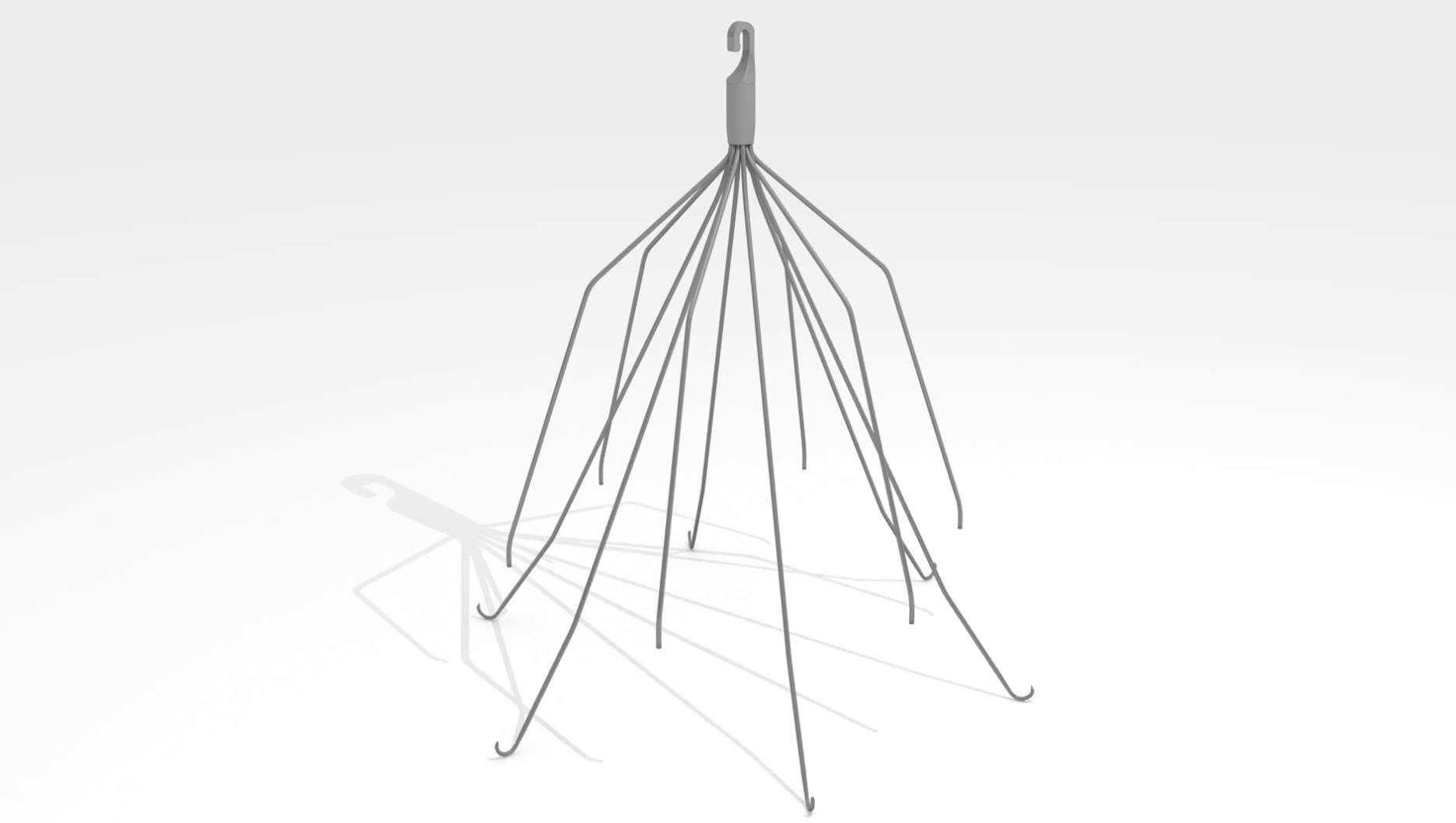With over 500 lawsuits pending in Arizona over C.R. Bard’s Recovery and G2 Inferior Vena Cava Filters (IVC Filters), a trial plan has been established in a Case Management Order for the selection of bellwether cases. Plaintiffs and defendants must each submit 24 bellwether trial candidates, for a total of 48, on or before June 29, 2016.
The Order specifies that by December 2016, the pool of 48 candidates will be narrowed down to 20 with each side selecting 10 cases. By the beginning of March, 6 cases will be chosen for bellwether trials and trial dates will be selected.
Adverse events regarding defective IVC Filters have been reported for nearly ten years. The legal claims surrounding IVC filter side effects gained serious momentum after the publication of a damning 2013 Journal of the American Medical Association (JAMA) article. The study referenced in the article suggested that fewer than 10% of patients with IVC Filters had them successfully removed. This wasn’t a surprise to C.R. Bard. The medical device manufacturer voluntarily recalled one of its IVC Filters in 2005 and replaced it with a newly approved product.
In 2010, the FDA released a statement advising doctors not to let IVC Filters remain implanted in patients for more than 54 days. Doing so greatly increased the patient’s likelihood of experiencing complications.
The defective medical device lawsuits currently pending allege that C.R. Bard failed to warn patients of the risks associated with the device despite having known about the complications for some time. The first lawsuits against C.R. Bard went to trial in 2015 and were settled 10 days after the trial began.

